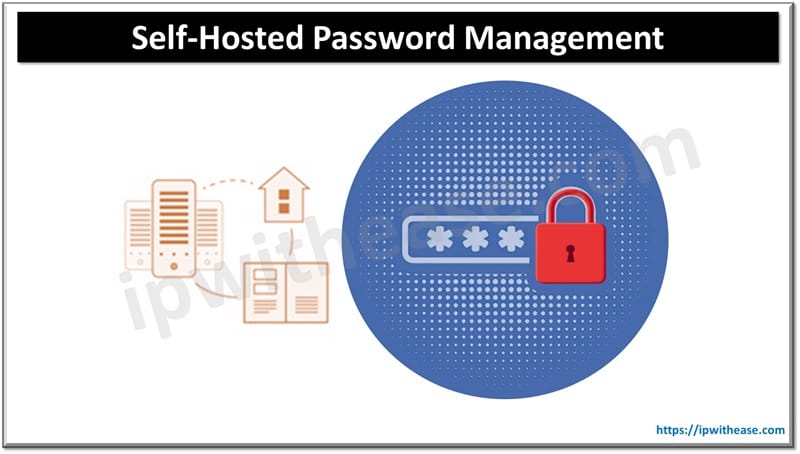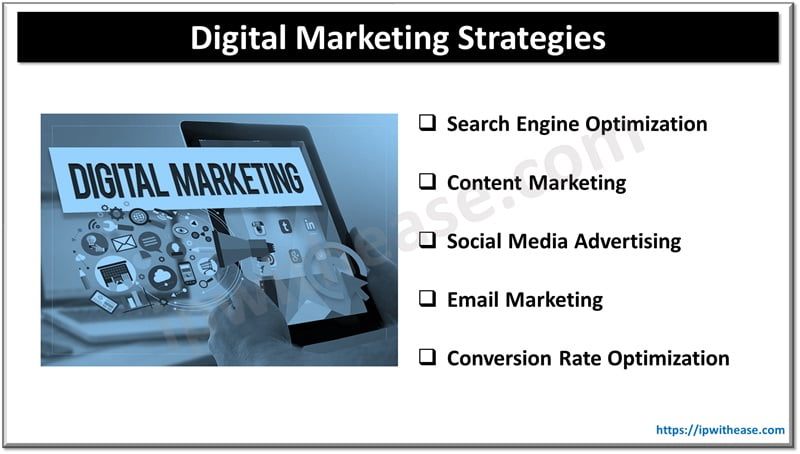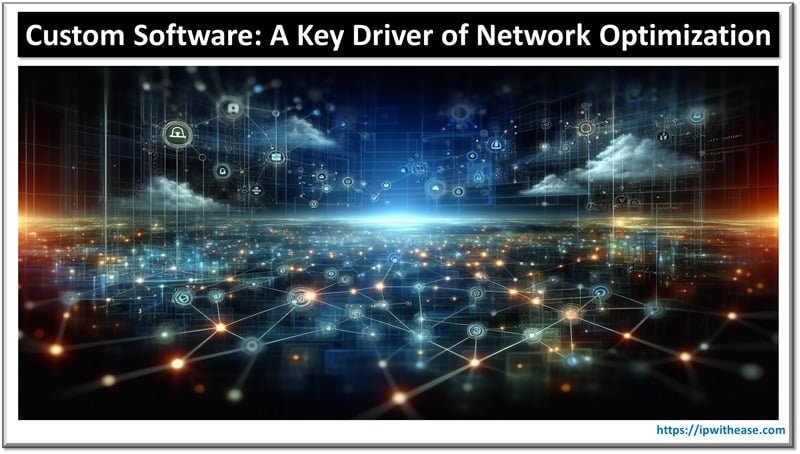The decision regarding which enterprise OS best suits your business’s needs can be complex. After all, executives must consider several factors when making their choice, including business mobility, licensing costs, and the type of hardware used, to name a few.
Now that CentOS 6 is at the end of life (EOL), many businesses may be looking for a new operating system for migration. Enterprises can use CentOS 6 EOL extended lifecycle services to buy time while choosing a new operating system and planning their migration.
An overview of Enterprise Operating Systems
Like a control tower, an operating system (OS) commands your company’s software, hardware, and network. Businesses have access to various operating system choices, but Windows, macOS, and Linux are among the most popular.
Some companies prefer to utilize two or more operating systems throughout their organization, while others remain loyal to one particular OS. If you’re planning to get your hands on a new enterprise OS for your business, do your homework first and check out these considerations.
Important Considerations:
Security
The security of enterprise-class operating systems is paramount to your business’s and customer’s experience. Prioritize evaluating your enterprise operating system’s security features before committing your company to the system. By carefully choosing an operating system with top-notch security features, you can reduce your risk of being victimized by hacking, data loss, or cyberattacks.
Hardware Compatibility
Consider its compatibility with already implemented hardware before locking in your enterprise operating system. While hardware needs vary from one company to another, the necessity for hardware compatibility and consistency remains a constant.
User Acceptance
Before you make the leap and secure a new OS, keep in mind that user acceptance and employee familiarity will significantly impact your company’s experience with the operating system you choose. Evaluate your employees’ understanding of OS qualities and attributes, like user interfaces. Choosing a commonly utilized and prevalent operating system amongst commercial enterprises, like Windows, may give your employees a leg up on their learning curve.
If you choose an operating system that your employees may find foreign, consider investing in professional training or involving employees in a conversation surrounding willingness to switch from their preferred platform.
Support & Maintenance Contracts
Support contracts play a considerable role in determining which operating system is right for your business. Will you need to purchase a maintenance plan to keep up with security updates, or will your product automatically be updated? If your company prioritizes contract convenience, contemplate seeking an open-source solution that allows you to host your infrastructure on a cloud platform.
Ease of Use
The user interface of your enterprise operating system must be seamless and straightforward. Still, selecting an enterprise-grade operating system requires more finesse than simply checking to ensure your IT department is familiar with the system. Executives should first consider functionality, features, and compatibility with your business goals.
Wrap Up
When making a decision regarding which enterprise operating system will best serve your company, keep in mind that your business’s productivity, profit margin, employee satisfaction, and customer experience hang in the balance. Whether you employ a combination of systems or remain loyal to just one, don’t shy away from doing the necessary research to ensure that you invest in an OS that will get the job done.
Continue Reading:
Mobile Operating System vs Desktop Operating System
ABOUT THE AUTHOR
IPwithease is aimed at sharing knowledge across varied domains like Network, Security, Virtualization, Software, Wireless, etc.



